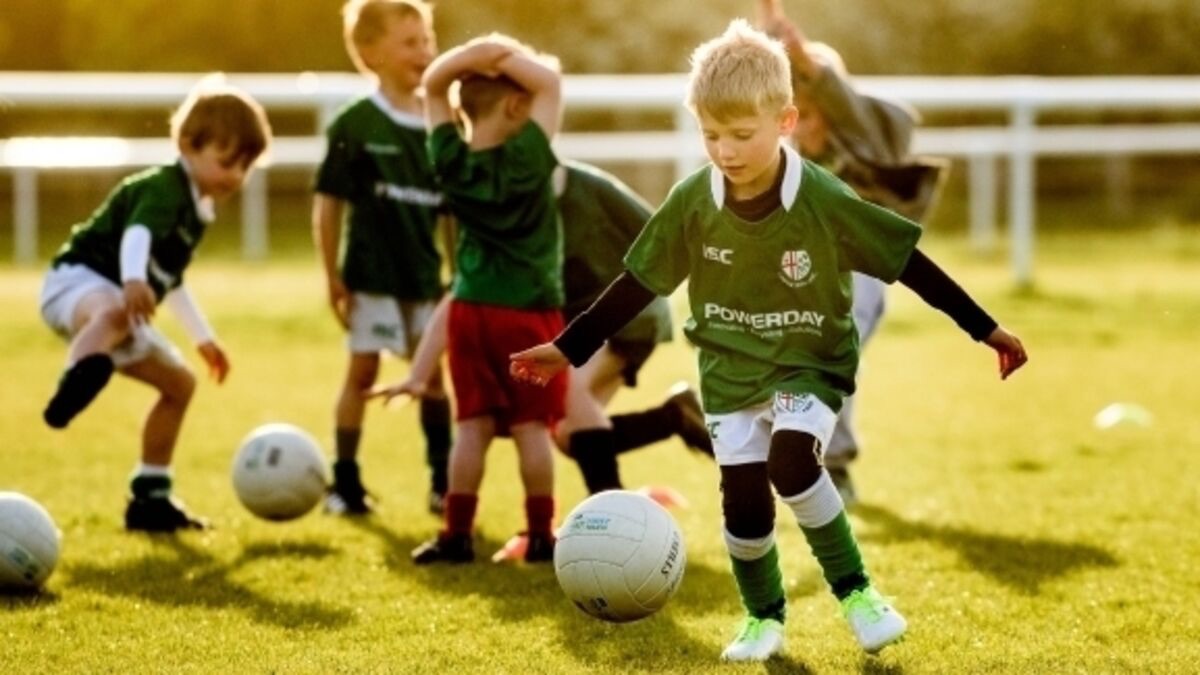
Unionists have had to retract false claims that a Gaelic sports tournament for children in County Tyrone was named in honour of a hunger striker.
The Francie Hughes memorial Tournament, a competition for children aged seven or under, is due to take place in Coalisland later this month.
Mr Hughes, who died years ago, was a highly regarded former chairman of the local GAA sports club.
His name is similar to that of 1981 hunger striker Francis Hughes, who was from Bellaghy in County Derry. That appears to have triggered the latest unionist outburst.
Idiotic DUP councillor Clement Cuthbertson embarrassed himself on Facebook when he accused the GAA of seeking “to idolise convicted terrorists”.
“Disappointing, but unfortunately no longer surprising, that the GAA continues to idolise convicted terrorists,” he wrote.
“This would be unacceptable in any other part of the world. I would ask parents to think twice before allowing your children to support such events.”
Mr Cuthbertson added it was “disappointing to see a local business sponsoring it” and suggested that by their silence that Ulster GAA and elected representatives “are in support of this blatant glorification of terrorism”.
In a statement UUP councillor Mark Glasgow also said he condemned “this hurtful act of naming a sporting event after a convicted IRA terrorist”.
The anti-GAA statements follow in the wake of those by ringleader Jamie Bryson who recently denounced the presence of a Gaelic sports club in predominately unionist east Belfast. But they had to be hurriedly withdrawn after the truth of the situation emerged.
Aontú councillor Denise Mullen suggested the family of Mr Hughes deserve an apology.
“I think Clement Cuthbertson owes them a heartfelt apology publicly and privately.”
Sinn Féin assembly member Linda Dillon said Mr Cuthbertson’s comments were “hurtful and were wrong and totally out of context”.
It is just the latest in a series of false claims and exaggerations in a bid to escalate sectarian tensions.
Unionists also provided with their own misinterpretation this week of an interview by Sinn Fein’s Michelle O’Neill. She had spoken to the BBC about her upbringing and noted that “after the war came to Ireland” that there had been “no alternative” to conflict.
Unionists claimed that was an attempt to frame the Provisional IRA’s campaign in the context of the fight for civil rights rather than resistance to British oppression. Despite a pile-on by Sinn Fein’s opponents, the party has not responded to the comments.
![[Irish Republican News]](https://republican-news.org/graphics/title_gifs/rn.gif)
![[Irish Republican News]](https://republican-news.org/graphics/title_gifs/harp.gif)

